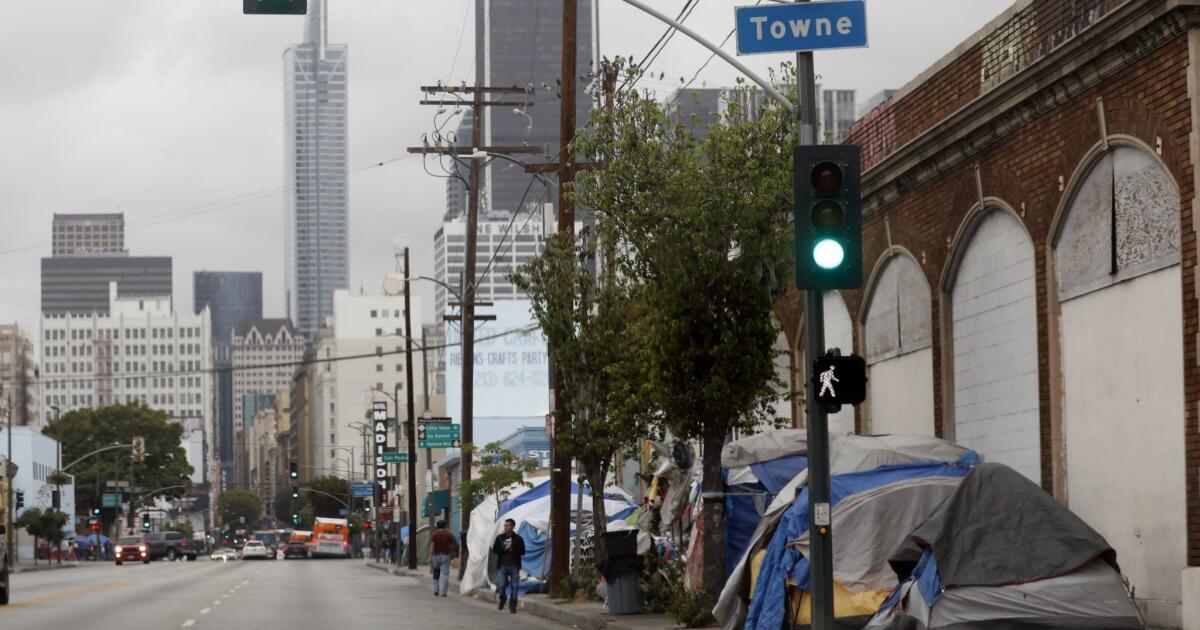danielpalos
Diamond Member
- Jan 24, 2015
- 73,961
- 5,055
- Thread starter
- #1,381
I just ran the numbers again on the website: Income Tax Calculator 2021 - USA - Salary After Tax
It shows that the federal income tax paid by someone with a gross yearly income of 15,080 pays 268 dollars, and that someone making a gross yearly income of 31,200 pays 2,059 dollars; more than seven times more.
It shows that the federal income tax paid by someone with a gross yearly income of 15,080 pays 268 dollars, and that someone making a gross yearly income of 31,200 pays 2,059 dollars; more than seven times more.



